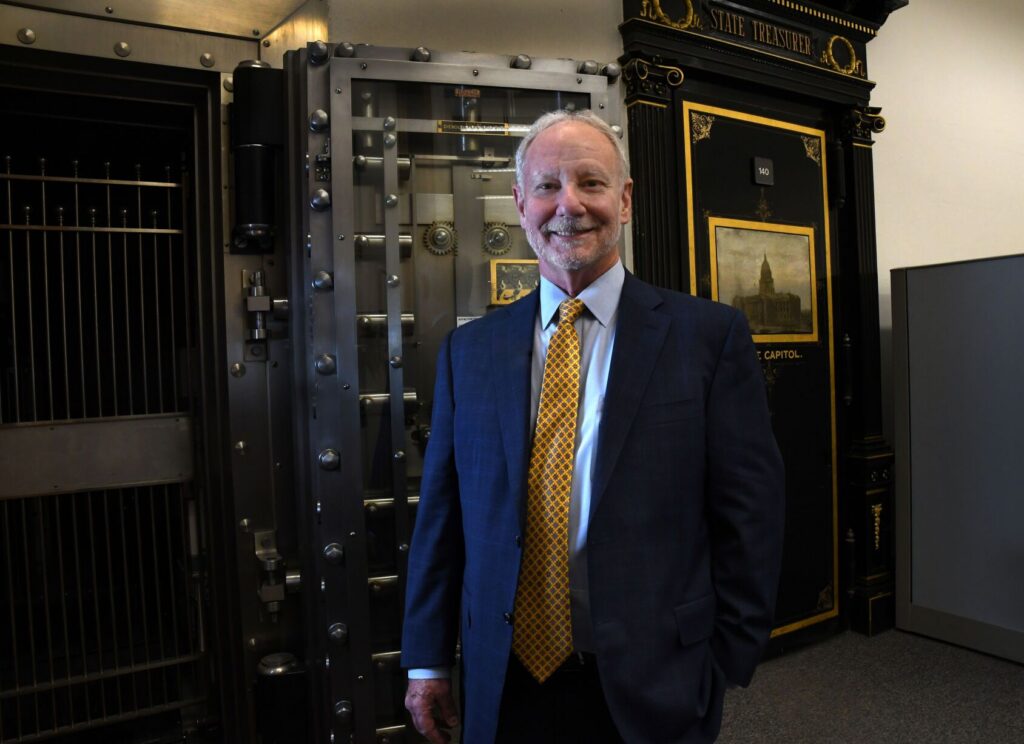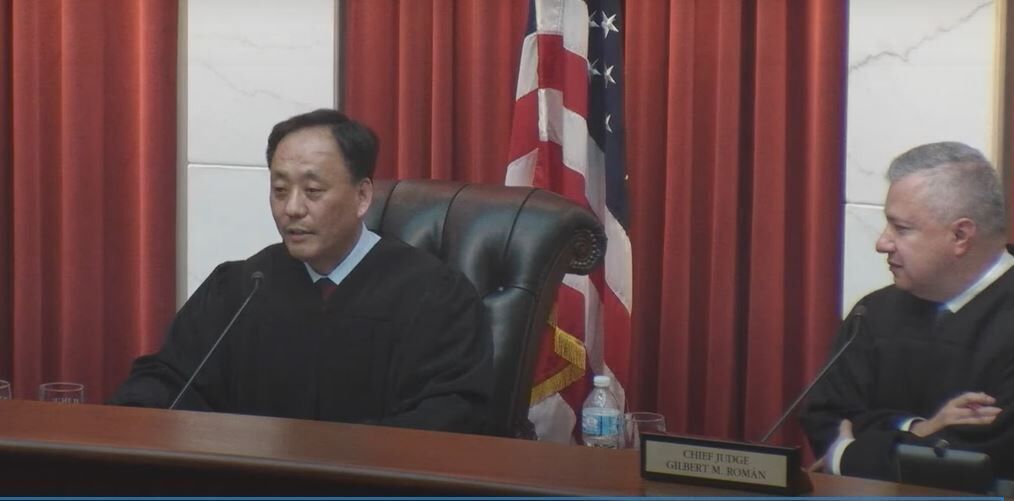Senator criticizes Judicial Department for seeking budget increase and offering no cuts
A member of the powerful Joint Budget Committee criticized Colorado’s Judicial Department on Tuesday for seeking an increase to its budget without offering suggestions for cuts.
“I think some people are misinformed or just don’t truly understand the situation that we’re in,” said Sen. Barbara Kirkmeyer, R-Brighton, at a joint hearing of the House and Senate judiciary committees. “This is not just a year we need to tighten our belts, make a few cuts here and there, and still expect a bunch of increases.”
This year, the judiciary has identified the creation of 29 additional judgeships across the state as its top priority. In her “State of the Judiciary” address this month, Chief Justice Monica M. Márquez warned that judges are “running on empty tanks,” given the workload that exists in many courts, leading to burnout and turnover.
However, at the budget committee’s briefing to both chambers’ judiciary committees, Kirkmeyer rattled off essential services, such as K-12 education and Medicaid, that are endangered given the state’s roughly $672 million budget deficit.
“On top of their request for additional judges, which is not in the governor’s request and was not in their request, either,” Kirkmeyer said, the judiciary has “a 7.3% increase we can’t afford. We don’t have the funding for it.”
“Anytime you’re talking to judicial,” she continued, “I would appreciate, for one, if you ask them where they’re going to cut their budget. … The fact that there isn’t any cuts in this budget is very concerning to me.”
Colorado Politics asked the Judicial Department for a response to Kirkmeyer’s question about potential areas for cuts.
“We won’t comment on pending legislation,” said Suzanne Karrer, the chief communications officer.

Newly elected representatives take the oath of office as they are sworn in on the floor of the Colorado House on the first day of the 2025 legislative session at the State Capitol on Wednesday, Jan. 8, 2025. (Stephen Swofford, Denver Gazette)
On Monday, prior to the Joint Budget Committee briefing, Márquez and State Court Administrator Steven Vasconcellos appeared before the judiciary committees and disclosed the dollar figure for additional judges had slightly decreased due to cost revisions. Still, the request would total more than $15 million annually, in addition to a funding request to replace the nearly 30-year-old case management system that the department deems “antiquated.”
Joint Budget Committee staff have proposed certain areas for cuts, including $3 million to a fund that assists with courthouse renovation and construction in low-income counties. The judicial branch has not objected to that proposal, but has asked that the cut be limited to one year.
Vasconcellos previously defended the judiciary’s budget, saying they “run a lean ship” and have seen their general fund appropriation grow more slowly in recent years than the rest of the government’s. The department also argued its work is “driven by decisions made by the General Assembly.“
“Our goal here is to do the least amount of harm and the most amount of good,” Sen. Judy Amabile, D-Boulder, who is a member of the budget committee, said during Tuesday’s hearing. “And to make sure that we do maintain public safety and also that we maintain our safety net so that we don’t have more people that are falling through the cracks and potentially ending up in our criminal justice system.”
Sen. Julie Gonzales, D-Denver, who chairs the Senate Judiciary Committee, responded that there will likely be “a number of different perspectives and ideas” across the state Capitol for finding efficiencies and savings in the justice-related agencies, including through potential public policy changes.
The difficulty in funding any departmental increases “are some of the challenges and discussions that we’ve been having within the Joint Judiciary Committee over the past several days, as well,” she said.











